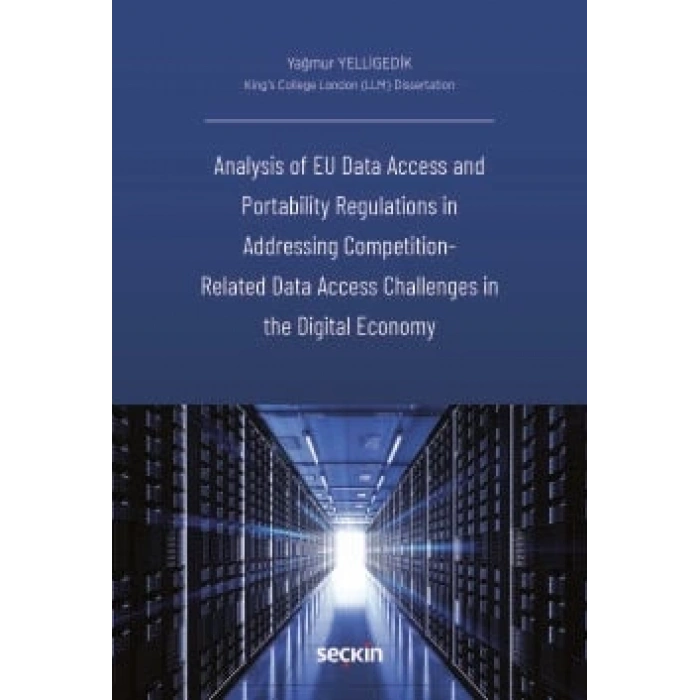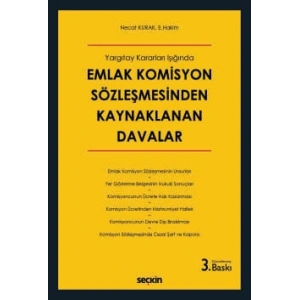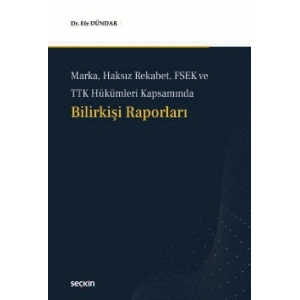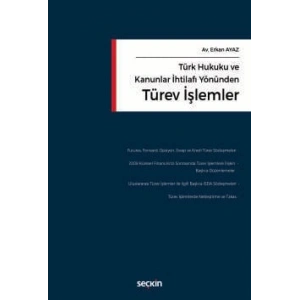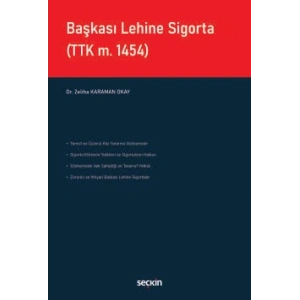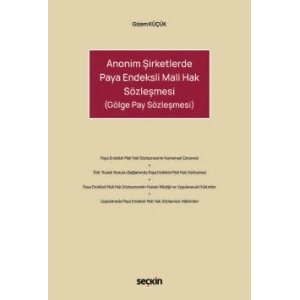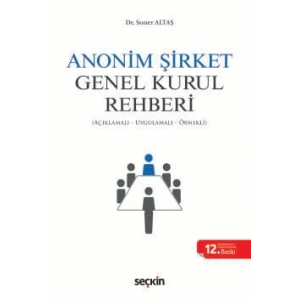Data has become a key competitive asset in the digital economy, shaping business strategies and market structures. However, its concentration among a few dominant undertakings raises concerns about competition, innovation, and barriers to market entry.
This dissertation examines whether data access and portability provisions within the EU legal framework effectively address these challenges. It examines the economic and strategic significance of data, analysing how its accumulation reinforces dominance and limits competition. It thenuates the role of data access and portability as potential solutions through an analysis of ex-post measures such as Article 102 TFEU and the essential facilities doctrine, alongside ex-ante frameworks like the GDPR, the Digital Markets Act, and the Data Act.
It concludes that while these provisions offer a foundation for facilitating data access, their fragmented structure and limited scope weaken their effectiveness in tackling competition concerns. It suggests improving coordination between these legal frameworks and expanding data portability rights to enhance market contestability and better support innovation in the digital economy.


